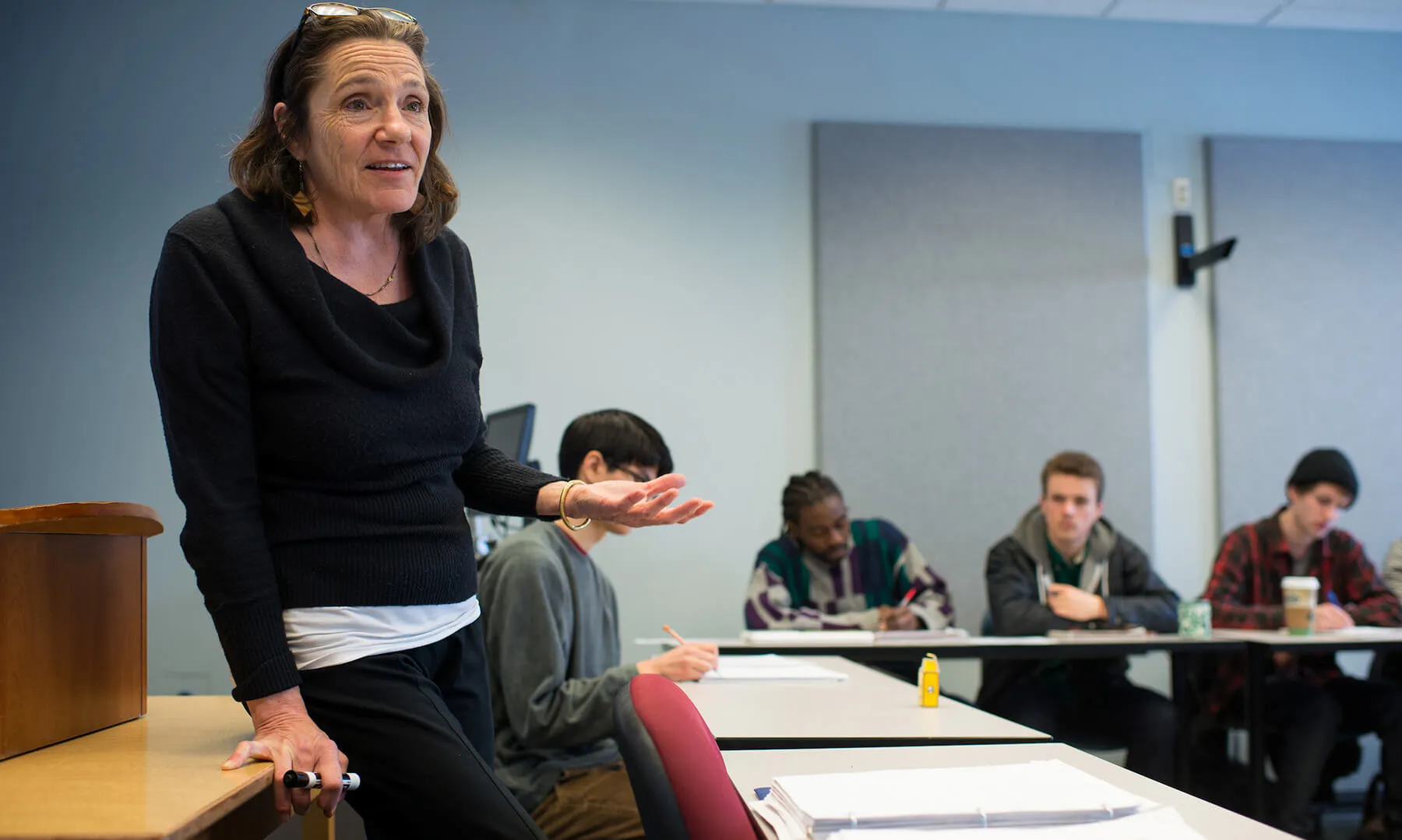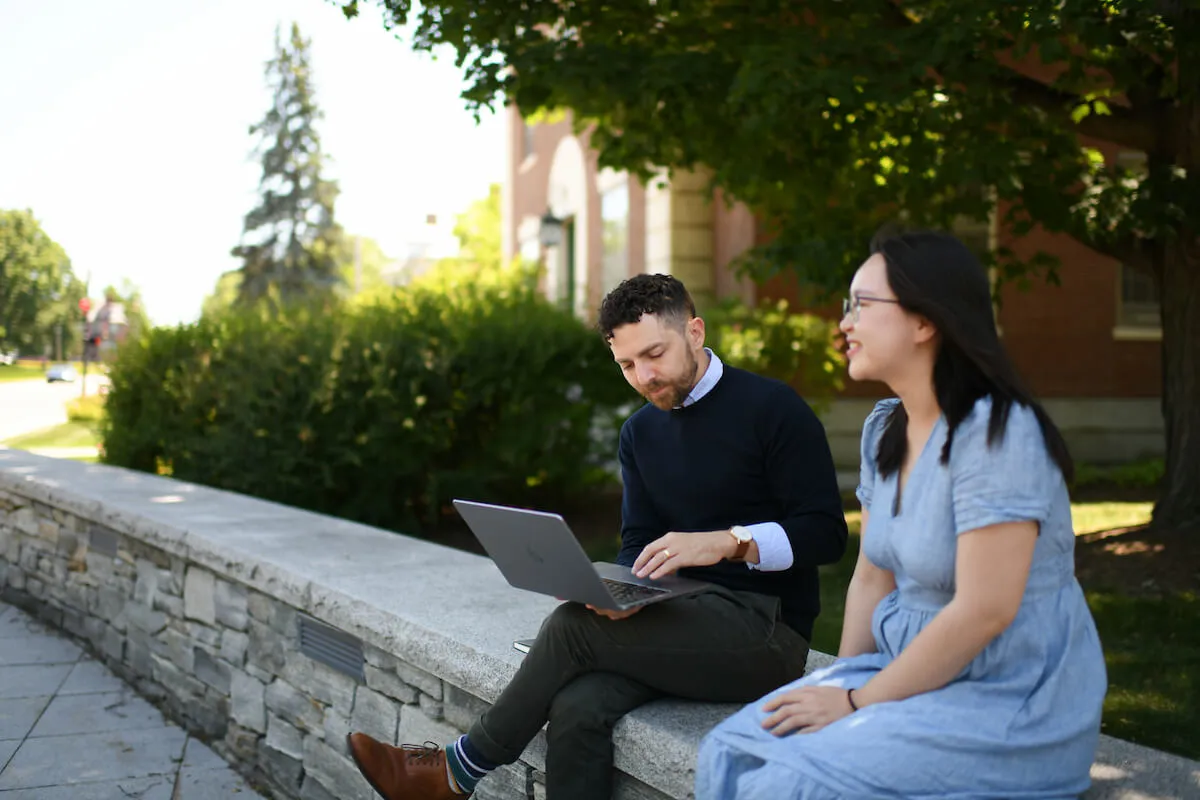
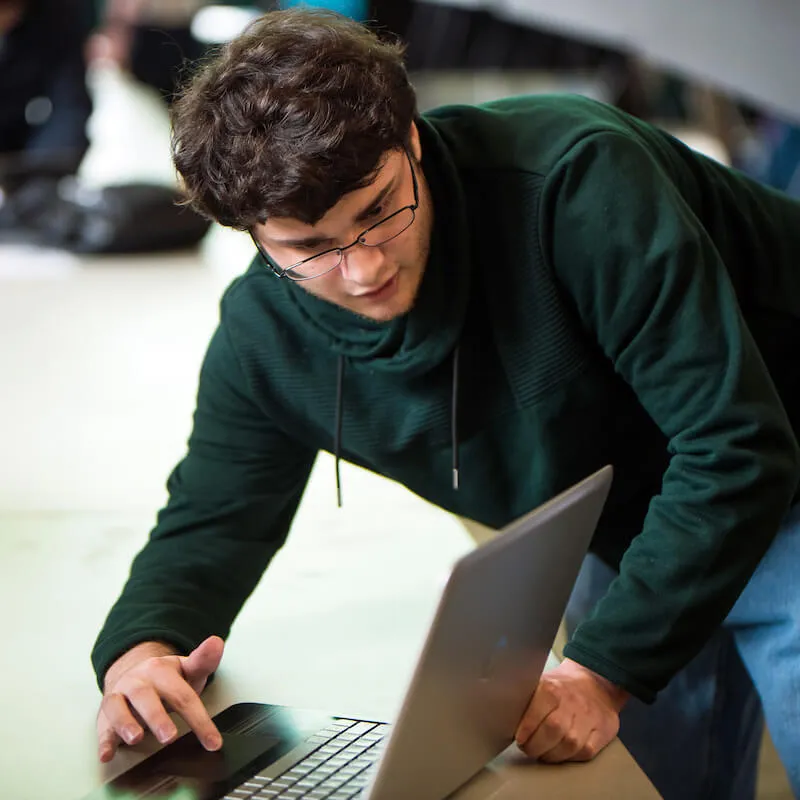
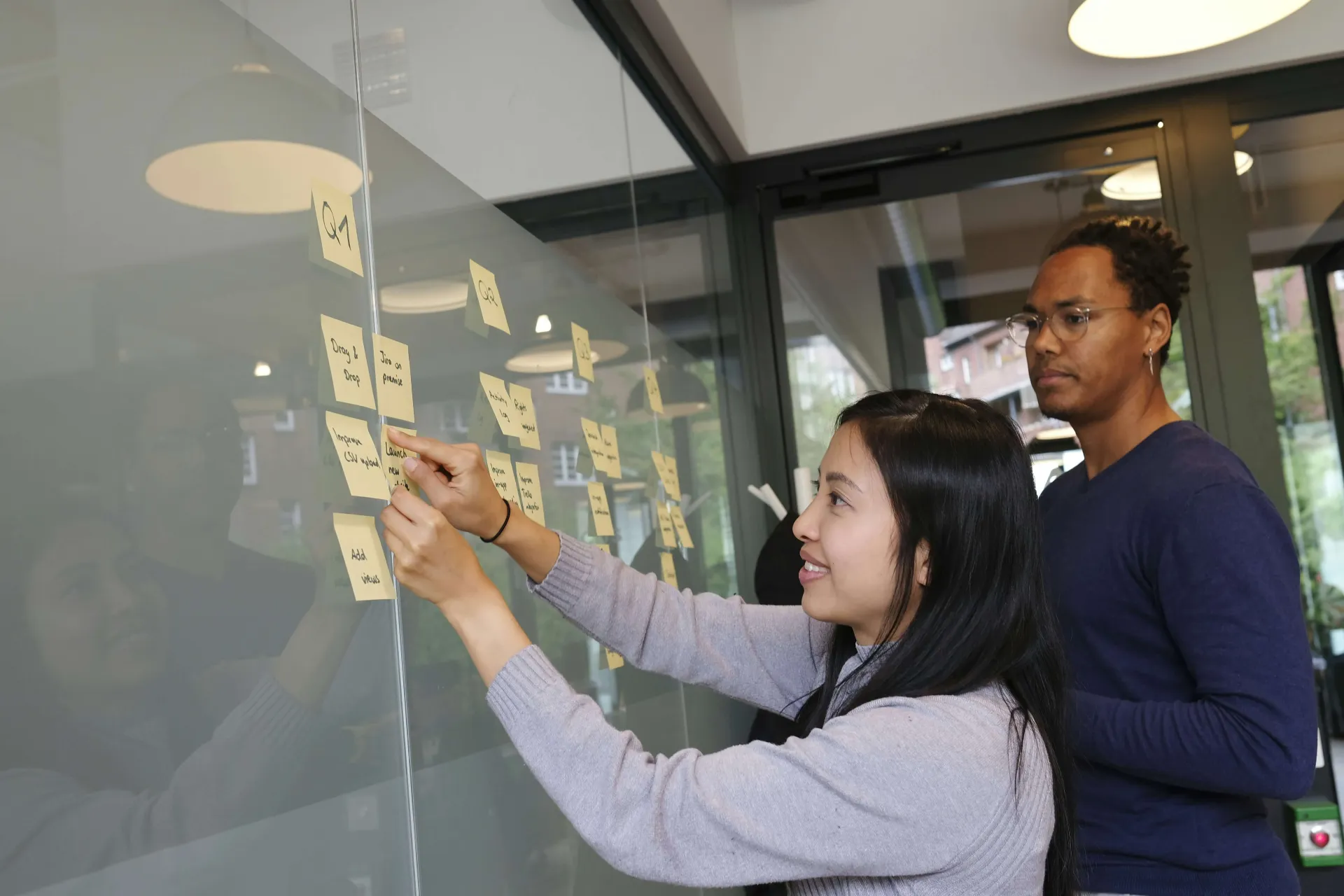
What Can You Do with a Liberal Arts Degree with a Major in Economics?
With a strong emphasis on applied research and policy through relevant coursework across diverse fields, and by grounding economic reasoning in historical, legal, and institutional contexts, we prepare students to pursue meaningful careers in business, government, nonprofits, and beyond.
Past UVM economics majors have gone on to work in careers such as:
- Actuarial director
- Financial consultant
- Investment analyst
- Economist
- Research consultant
- Judicial law clerk
- Data scientist
- Senior business operations analyst
- Project manager
- Director of school operations
UVM Economics Students Learn the Top Skills Employers Want
Critical Thinking and Problem Solving
UVM economics students learn to assess complex real-world issues—such as those related to healthcare, labor markets, environmental challenges, and economic development—using applied economic theory, historical context, and policy analysis to develop thoughtful, evidence-based solutions at all levels of coursework.
Teamwork and Collaboration
Coursework, especially advanced electives, often includes group research projects, case studies, and policy debates that foster collaboration and expose students to diverse perspectives while working on pressing societal problems across sectors.
Written and Oral Communication Skills
Through papers, presentations, and class discussions on topics like monetary policy, globalization, inequality, and institutional reform and regulations in a variety of policy realms, students practice articulating complex economic ideas clearly and persuasively to a range of audiences.
Professionalism and a Strong Work Ethic
Our rigorous, policy-oriented curriculum emphasizes analytical depth, clear communication, and timely execution of research and writing, all of which instill habits of professionalism that transfer directly to the workplace.
Initiative
By engaging with faculty research across diverse areas, students are encouraged to pursue their own interests and take ownership of their learning and career paths.
Alumni Spotlights: How the Liberal Arts Shaped Their Careers
Where UVM Economics Majors Go to Grad School
- American University
- Boston University
- Brooklyn Law School
- Clemson University
- Columbia University
- George Washington University
- Georgetown University
- Harvard University
- HEC Montréal
- Johns Hopkins
- Penn State
- Seton Hall Law School
- The London School of Economics and Political Science
- Touro University
- Tulane University
- Tufts University
Some Notable Companies that Hire UVM Economics Graduates
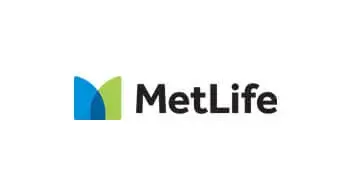
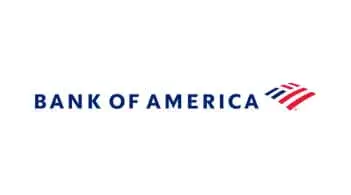
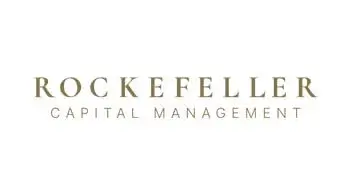
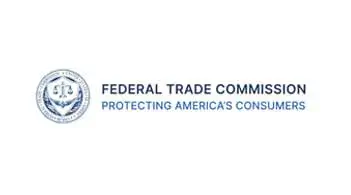
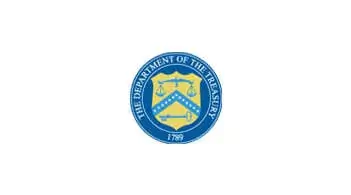
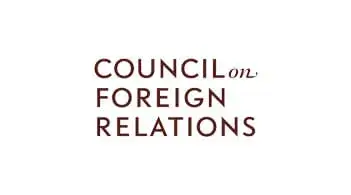
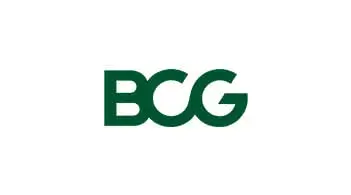
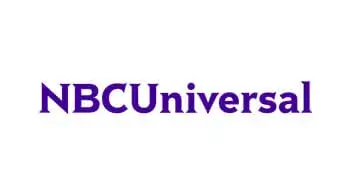

Interested in seeing where else UVM Economics graduates are making an impact?View an Extensive List of Employers of UVM Economics Graduates
